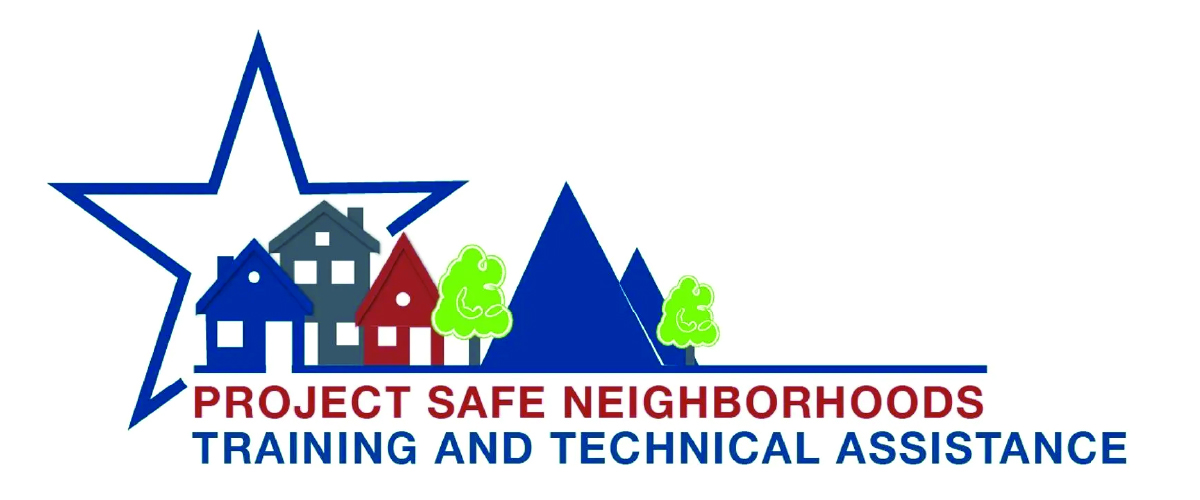Victim and Witness-Centered Strategies
TO VIEW NCVC’S VICTIM SERVICES TTA PORTAL, PLEASE CLICK HERE.
Who is the National Center for Victims of Crime (NCVC)?
NCVC is a nonprofit organization that advocates for victims’ rights, trains professionals who work with victims, and serves as a trusted source of information on victims’ issues. After more than 25 years, it remains the most comprehensive national resource committed to advancing victims’ rights and helping victims of crime rebuild their lives.
NCVC’s mission is to forge a national commitment to help victims of crime rebuild their lives. It is dedicated to serving individuals, families, and communities harmed by crime.

What is NCVC’s role in PSN?
PSN efforts have recently integrated victims’ and their families’ needs and experiences, which is essential to reducing violent crime. NCVC leads this effort by serving as a voice for victims and providing task forces with victim services TTA.
What are some examples of victim services TTA NCVC can provide?
- Assessments of Victim Services Provided
- Trauma-Informed Law Enforcement Responses to Victims of Violent Crime
- Victimization and Trauma Essentials and Best Practices
- Vicarious Trauma Training for Law Enforcement and First Responders
- Developing a Crime Victim Assistance Program for Victims of Violent Crime
- Understanding Trauma Resulting from Various Crimes, such as Sexual Assault, Domestic Violence, Stalking, and Human Trafficking
What are topics areas that NCVC can provide TTA in?
- Community Coordinated Responses (CCRs)
- Victimization and Trauma Essentials
- Adverse Childhood Experiences (ACEs)
- Victims of Teen Dating Violence & Teen Sexual Assault
- Victims of Bullying
- Post-Disaster Victim Services Protocol
- Intimate Partner Violence
- Victim/Witness Retaliation, Intimidation, Support, and Engagement in Violent Crime
- Trauma-Informed Policing and Victim/Witness Interviewing
- LE/Agency Responses to Individuals with Mental Illnesses and/or Developmental Disabilities
- LGBTQ+ Trauma and Resilience
- Victims of Domestic Violence
- Victims of Sexual Assault
- Vicarious Trauma
- Historical and/or Generational Trauma
- Underserved/Minority Communities/Neighborhoods
- Victims of Stalking
- Victims of Human Trafficking
- Complex Homicide (interfamilial, gang-related
child witness, and DUI/impaired driving) - Developing a Crime Victim Assistance Program/Victim Services Unit
- Developing Child Trauma Response Teams and Utilizing Child Sensitive Arrests
- Mental Health First Aid Training
- Procedural Justice
- Building Bridges Between Law Enforcement and Victim Advocates
For more information, please contact NCVC at ncvctta@victimsofcrime.org.
